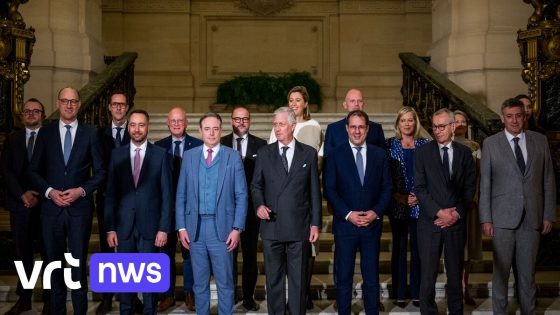On February 4, 2025, a significant legal development unfolded as the court seized shares from Fernando Collor’s media companies to settle a debt. This action raises questions about the implications for Collor’s business empire and the broader media landscape in Brazil.
- Worker filed lawsuit in November 2019.
- Settlement amount agreed at R$ 250,000.
- Updated claim now totals R$ 354,400.
- Fernando Collor owns major stakes in companies.
- Penalties affect eight companies, including TV stations.
- Defense seeks virtual conciliation hearing.
Brazilian Court Seizes Collor’s Media Shares Amid Debt Crisis
What does this mean for the future of media ownership in Brazil? The court’s decision to seize shares from Fernando Collor’s companies, including TV Gazeta, underscores the serious consequences of unpaid debts. The total amount owed has surged to R$ 354.4 thousand, raising concerns about the stability of Collor’s media operations.
Implications of Collor’s Legal Troubles for Media Ownership
The seizure of shares from Collor’s media companies could reshape the landscape of media ownership in Brazil. With the court targeting eight companies under his control, including television and radio stations, the fallout may extend beyond just financial loss. The case highlights the ongoing struggles of media moguls to maintain control amidst legal challenges.
Understanding the Financial Stakes in Media Ownership
As the court mandates the seizure of Collor’s shares, it’s crucial to grasp the financial stakes involved. The value of Collor’s shares is estimated at R$ 422,509.20, with the largest claim coming from TV Gazeta at R$ 160,000. This situation illustrates how financial mismanagement can lead to severe consequences for media owners.
- Collor’s debt has escalated to R$ 354.4 thousand.
- The court has targeted eight companies for asset seizure.
- TV Gazeta holds the largest share of the debt claim.
- The case raises questions about media ownership stability.
Collor’s Defense Strategy: Aiming for Conciliation
In response to the court’s actions, Collor’s legal team is seeking a conciliatory approach. They have requested a virtual hearing to negotiate terms and potentially avoid losing control of his companies. This strategic move reflects the high stakes involved in maintaining ownership of media assets amidst legal challenges.
As this case unfolds, it serves as a cautionary tale about the importance of financial responsibility in corporate governance, with implications that resonate across borders.

































